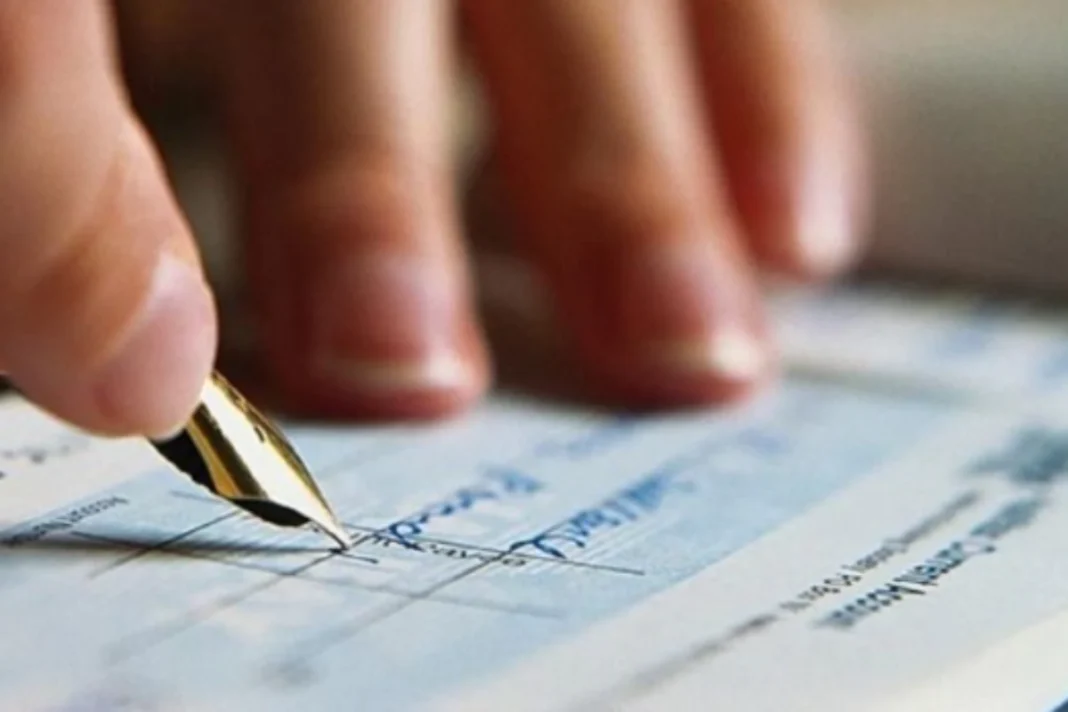Cheque Bounce Rule: In early August 2021, the Reserve Bank of India (RBI) published a notice stating that customers who plan to use checks or whose financial activities heavily rely on them will need to maintain a minimum bank balance. The cheque will bounce if the minimum balance is not kept up to date. Furthermore, there’s a chance the client who wrote the cheque will also be required to pay a penalty. The RBI also declared that the National Automated Clearing House (NACH) would be open twenty-four hours a day in addition to these modifications.
Across-the-Board Impact
All private and national banks are affected by these changes. The purpose of the rule change was to facilitate a faster and more seamless cheque clearing process. The entity will be able to process and clear checks on Sundays as well, as the new rule guarantees that NACH will be open every day of the week.
Legal Consequences Under Section 138
Section 138 of the 1881 Negotiable Instruments Act states that bouncing a cheque can result in a fine of up to twice the amount of the cheque, two years in prison, or both. The bank rejects the cheque as unpaid and issues a warning, implying financial difficulties, when the client brings the cheque for a claim. It is therefore referred to as a bounced cheque. Let’s talk about what happens when a cheque bounces.
Cheque Bouncing Causes
There are several reasons why a cheque can bounce, but if the reason is that there aren’t enough funds in the drawer’s account, the Act has been broken. The financial institution must reject the reimbursement cheque and provide a memorandum in response, stating that insufficient revenue is the basis for the rejection. In this scenario, the payee may request payment of the cheque amount by sending a notice of cheque bounce to the cheque drawer.
The Newest Rule Regarding Cheque Bounce
In early August 2021, the Reserve Bank of India (RBI) published an article stating that customers who plan to use checks or whose financial activities primarily rely on them would have to keep a minimum bank balance. The cheque will bounce if the minimum balance is not kept up to date. The customer who wrote the cheque could also be penalised financially. In addition to these improvements, the RBI declared that the National Automated Clearing House, or NACH, will be open around-the-clock.
All banks, national or private, are impacted by these reforms. They made frequent adjustments to streamline and quicken the clearance of checks. The National Automated Clearing House will be open seven days a week due to a new rule, so Sundays will count as workdays for the purpose of submitting and clearing checks.
Keep watching our YouTube Channel ‘DNP INDIA’. Also, please subscribe and follow us on FACEBOOK, INSTAGRAM, and TWITTER.


